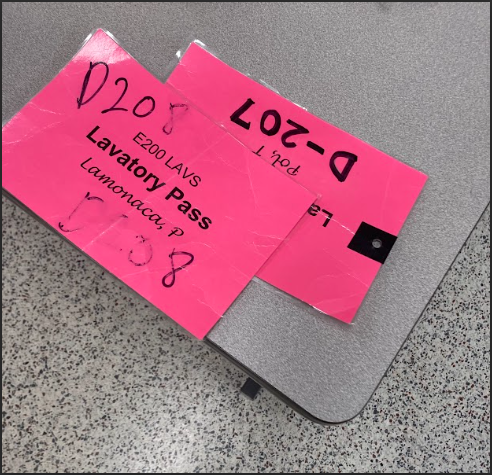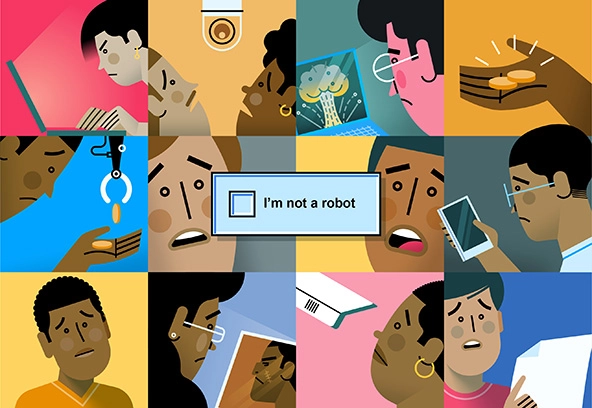Do Standardized Tests Help or Hinder Students?
Every year, almost all students are required to take standardized tests. These tests assess students on their performance on a single day within a time span of about three hours while sitting in silence. They are not indicative of how students actually perform, and they ignore the fact that everyone’s environments and opportunities are not equal. Those who instate these tests also fail to realize that everyone’s learning style is different, and there is no one true standard to a nation’s education. No amount of repetitive and mundane testing can make standardized testing effective.
It is rooted in human nature that everyone is unique. External and internal circumstances shape every individual’s mind and capacity. Logically, this would mean that students cannot be all held to the same standard of progress, but unfortunately, students at different levels and in different learning environments are tested and quantified using the exact same tests. These assessments do not test knowledge; they only test students’ ability to sit sedentarily and silently.
Out of everyone I’ve spoken to, no one likes these tests. High schoolers, teachers, and parents alike have grown impatient with these tests. My peers always dread testing, and test days leave all of us fatigued and numb. My mother, a teacher of 30 years, has attested that these tests are repetitive and hollow and has gone so far as to opt me out of testing for as long as she could. When I asked my teachers about standardized testing, they immediately launched into pained diatribes about just how exhausting and pointless standardized assessments are.
Normally, a school day is made to optimize learning. The schedule and layout are carefully made to get the most out of one day, and this is all derailed by testing. A friend of mine said they feel “burnt out, drained, and tired by the end of tests.” The combination of a painfully dull environment and a monotonous test makes for a perfect storm of complete emotional and mental exhaustion, essentially avoiding a day of learning. If these tests must truly be done, do they need to be done at 7:30 in the morning?
People higher up in the education system have begun denouncing standardized testing. The state of New Jersey has requested that the government waive the state’s testing requirements for the year. A staggering $150,000,000 of funding has been reallocated to address and support actual educational improvements like extra education, special instruction, mental health treatment, and more.
The recent advent of the Start Strong Assessment has evoked much aggravation in the educational system. The test is “designed to maximize instructional time,” but this doesn’t nullify the fact that it does interrupt instructional time. The first few classes in the day were replaced with testing time. It doesn’t matter how much time a test wastes – it’s still wasting time.
Some colleges have recognized the issue and removed SAT and ACT exam scores from application requirements. These exams are perhaps the most prolific out there, meant to assist in painting a picture of a student. Despite their comprehensiveness, the exams still stand as only one snapshot of academic performance, not the entirety of a student’s ability. Again, this begs the question – if colleges and other groups no longer utilize these scores, what does that say about the tests?
Standardized tests were created for a noble purpose; I will not deny that. They were made in good faith, intended to quantify a school’s progress and an individual’s overall ability. Unfortunately, the ends will absolutely not justify the means. The painstaking testing process and the reductive results end up making the student body into a statistic meant to be compared and assessed. People can not be broken down to one, two, three, or even five numbers, for that matter. We are more than our test grades.












